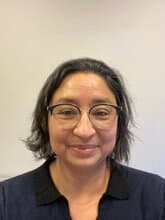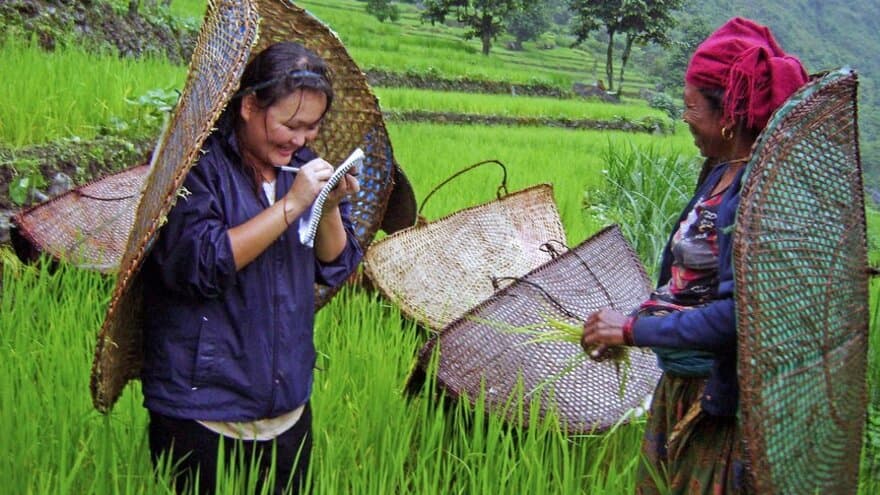Master 2 årHeltidGlobale utviklingsstudier
NMBU's Master's in Global Development Studies (M-GDS) offers critical knowledge and understanding of contemporary global challenges with the aim of supporting just and sustainable development.
Søknadsfrist:
Applicants outside EU/EEA: 1 December
Norwegian, Nordic, EU/EEA and Swiss citizens: 15 April
Studiestart:
August
Poenggrenser:
Opptakskrav:
Applicants must hold a Bachelor's degree in one of the academic fields specified in the 'Requirements in detail' section below:
Mer om opptakskrav
Master of Science. Two-year, full-time, 120 ECTS
Language of instruction: English
NMBU's Master's in Global Development Studies engages with contemporary discourses on global development. It explores the interplay between social, economic, political, environmental and gendered aspects of societal change across scales from local to global. Central themes addressed are inequality and poverty, the environment, climate change, global governance, armed conflict and violence, gender, food systems, rural development, decolonization and other struggles for justice. The degree builds on research-based knowledge from a wide variety of geographical contexts and emphasizes the complex interlinkages across levels and between countries and localities in a multipolar world.
Student-active learning is emphasised, including field courses, internships, and dynamic student collaboration. The emphasis on interdisciplinary education and research methods provides empirical insights, analytic tools and practical skills in evaluating and formulating policies and strategies within the field of global development. The learning approach is sensitive to diverse cultures, ecologies, institutions, economies and knowledges of different societies and groups.
Electives include field courses and internships that provide valuable practical experience.
Exchanges with other universities (global or in Norway) may be included in the degree. The M-GDS degree attracts students from all over the world and provides the opportunity to study in a unique learning environment with an interdisciplinary and international composition of students.
Study Profiles - a guide to selecting elective courses.
M-GDS is a two-year, full-time English-language degree accredited by the European Association of Development Research and Training (EADI).
Student accommodation:
Accommodation close to our beautiful campus is offered through NMBU's Student Welfare Association (SiÅs). We recommended that you apply for accommodation immediately after accepting your admission offer to secure housing. Read more.
Karrieremuligheter
M-GDS graduates find employment in a wide range of national and international organizations including government agencies, research and education, civil society, multilateral and bilateral aid, media and business.
Muligheter for utveksling
Programmets oppbygning
Om programmet
Studieveileder(e):

Vilma Veronica Bischof

Norges mest fornøyde universitetsstudenter
År etter år viser studentundersøkelser at NMBU-studentene er de mest fornøyde universitetsstudentene i Norge. Men hvorfor er de det?
Bli bedre kjent med studielivet